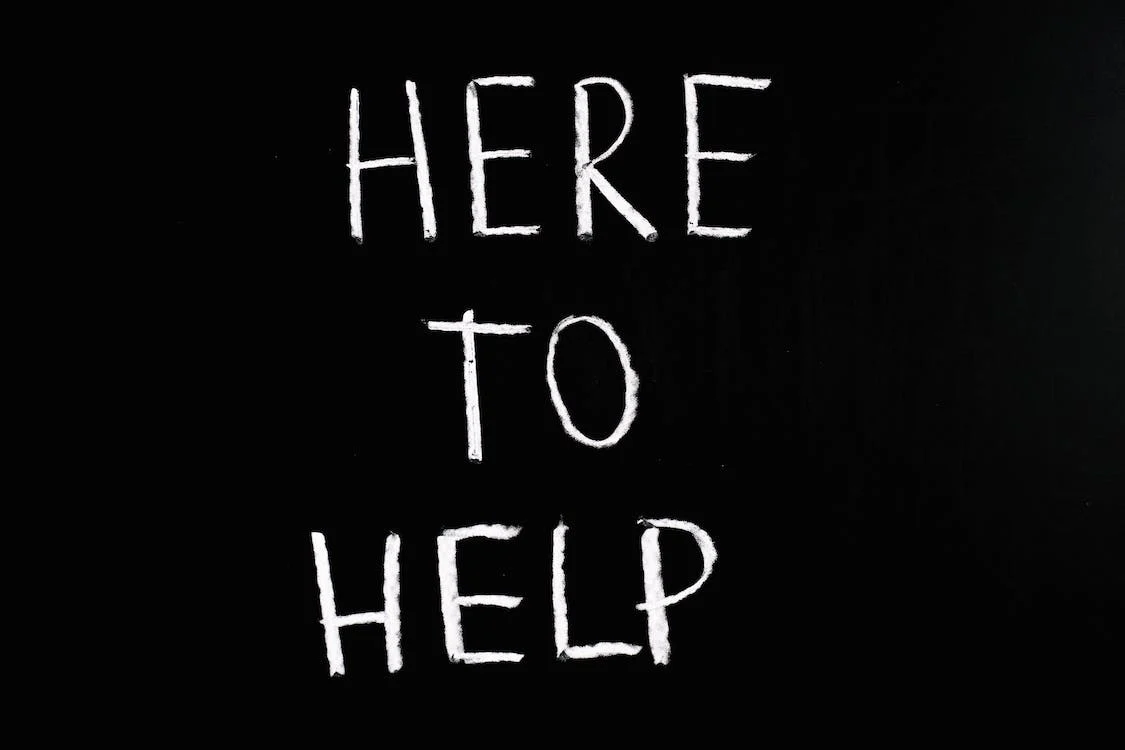Cyberbullying is not only the cause of mental health but the reason many are suffering. Hurt people hurt people. Society probably wonders who becomes a bully online and how to help. If you discover your child is one of them, you are not alone. Research suggests that a student will be a bully at one point in their life. It is better when your child is enjoying online entertainment streaming The Pirate Bay for music or movies, instead of discovering they are a cyberbully. Acknowledging the problem exists is taking the first positive step in creating change. Below is what to do if you suspect your child is a bully.
Tend to your feelings separately
The realization that your child is a cyberbully is likely to bring up a lot of feelings. You may feel embarrassed, angry, betrayed, guilty, or experience various emotions and you need to work on them before sitting down with your child. Maybe as a child you were avictim or you yourself was a bully. If any of these is the case, it is vital you keep your reactions separate. So when you talk and work with them, you can focus on their actions, motivation, and needs, not your own.
Identify the outcomes you want to achieve
Presumably, the generic outcome is that you want the bullying to stop, your child to understand the harm they have caused, and change their behavior at a meaningful level. Not just fake contriteness to solve it and be out of trouble and for the victim to feel better. The more clearly you can identify the specific outcome, the better you can map out a course of action.
Consider who should be involved in the process
There is no cookie-cutter solution. Your approach needs to factor in the outcomes you wish to achieve, the age of your child, their maturity, length of time the cyberbullying has been a problem, its severity, whether your child was the instigator or not, the age of the victim, among many others. Identify the people that need to coordinate any rehabilitation. This may be you and your child, or both parents and child, but it may need to extend beyond this scope. May include the teacher, child psychologist, counselor, religious leader, and at times an advocate and police officers where the cyber-bullying tipped over to a crime.
Sit down and talk to your child
The conversation with your child needs to be calm and focused on him and their actions. The school and law enforcement may be the first responders. All you can do in this case is coordinate from whatever point you are involved. Have them tell you what they have done as they provide more information when they don’t know what you know. Listen without judgment, blame, or attempting to jump in. Ask questions to discover how long it has been going on, the forms of cyberbullying, and evidence of cyberbullying.
Identify motivation
There is no excuse for cyberbullying, but it is vital to understand why your child chose to act this way. Although, you can check if there are underlying issues to address. Are they cyberbullying someone in revenge? or because this individual bullied them. Are they under a stressor like a divorce, a move, or something else that needs addressing? Did they imagine it to be a fun experience? Did they cyberbully to be part of a group that was cyberbullying? Are they short on empathy?
Identify consequences
You probably have various ideas for the punishment to begin changing this behavior. Also, there may be consequences imposed by the school, the team, or even by the courts. You do not have to predetermine all the results. These can be modified as the full scope becomes clear. Unless on whether your child or teen is contrite, defiant, and so on. Watch closely for any signs of retaliation. Any retaliation means your child is still blaming someone else for their behavior rather than taking action for their action.
To sum up, we all learn from our mistakes. Thus, tackle any cyberbullying incident and work with your child until you see they have internalized new respect for others can help ensure they internalize the lesson.

